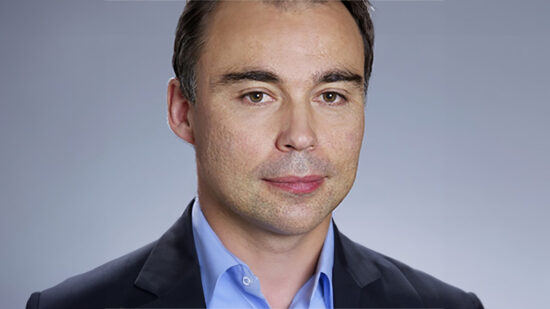St James’s Place’s contribution to the Financial Services Compensation Scheme (FSCS) “increased substantially, and disappointingly,” to £27.8m ($35.7m, €30.5m) for the six months ending 30 June.
According to its latest results statement, published 28 July, this was up from £16.1m for the same period in 2019 – a jump of over 72%.
At the start of 2020, the firm had anticipated the charge would rise 15%.
For the whole of 2019, it paid £22.3m to the UK lifeboat scheme.
“Over the last few years, the levy has been at an elevated level, which was further exacerbated by the FSCS increasing the levy by more than 20% for the current funding year and the continued relative growth of the group in the FSCS funding sectors in which we operate.”
The wealth management firm is by no means alone in bemoaning the sharp cost of doing business in the UK.
International Adviser recently reported on one firm that was hit with a nearly 140% increase in regulatory fees.
Operating results
Amid its frustration with the growing regulatory burden, SJP confirmed it recorded net inflow of funds of £4.5bn for the first six months of 2020, up from £4.4bn in H1 2019.
Chief executive Andrew Croft described the first half of the year as “an extraordinary period”.
Group funds under management dropped to £115.7bn from £117bn at the end of 2019.
“From what we have experienced so far in July, we still expect new business flows for the third quarter to be similar or slightly lower in terms of value to the level of flows recorded for the second quarter,” Croft added.
“Although we are currently seeing steps towards some degree of normality, there remains significant uncertainty for the world ahead,” he added.
As a result, SJP will “continue to retain approximately one third of the previously proposed 2019 final dividend until such a time as the financial and economic impacts of covid-19 become clearer”.
Asia
The challenging environment saw net investment in Asia rise during the first half of the year.
Gross inflows, however, were up 22% compared with the same time last year, contributing to FUM reaching £1bn at the end of June.
“Looking ahead to the remainder of the year, the business will continue to focus more on developing existing advisers, as well as explore opportunities to evolve our fund range and our high net worth proposition in our chosen markets,” Croft stated.
Rowan Dartington
In contrast, gross new business at the discretionary fund management (DFM) arm dropped 27% to £213m, compared with H1 2019.
FUM closed 7% lower than last year at £2.6bn “due to the negative impact of investment market movements”.








